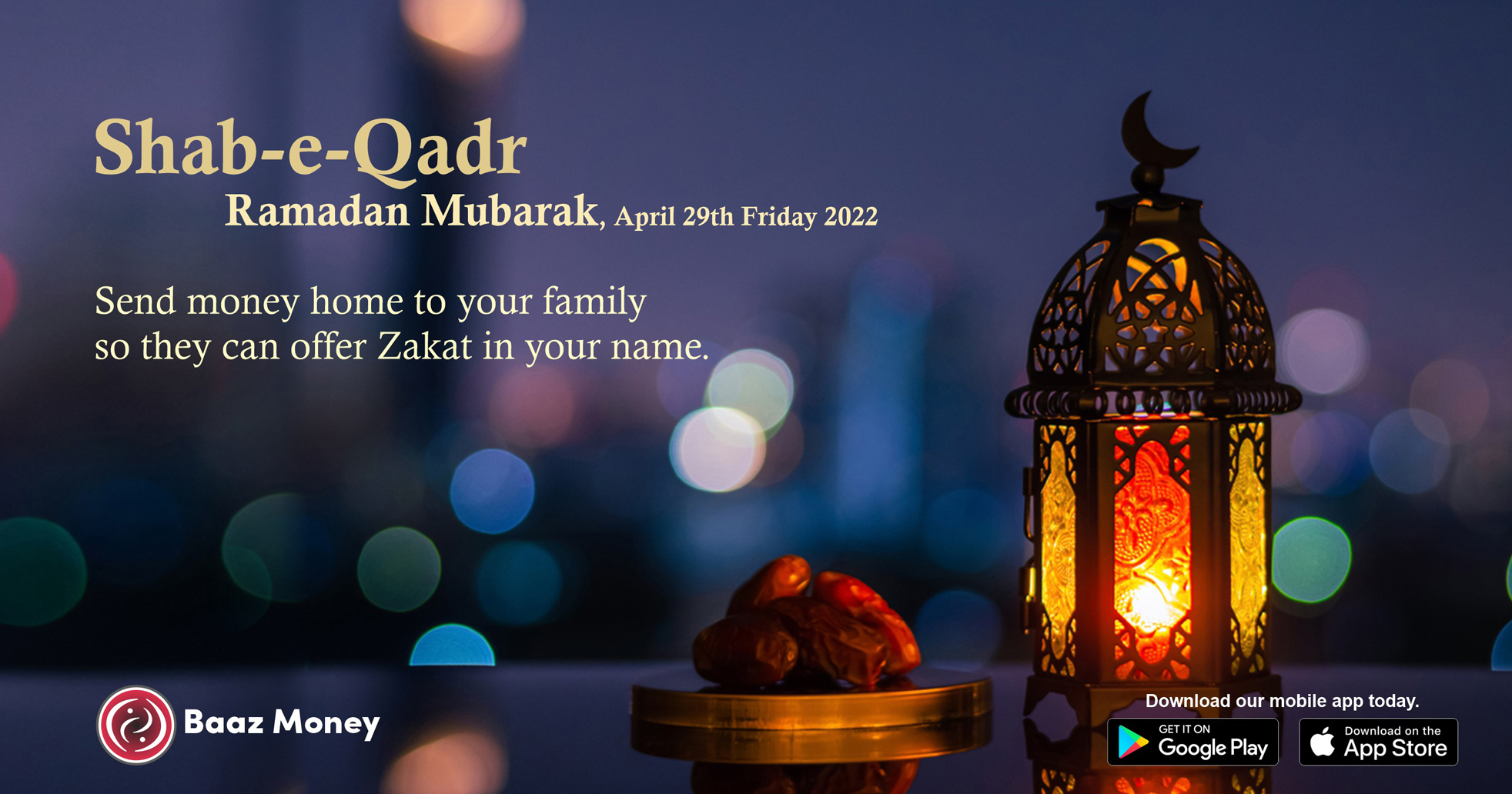
Ramadan Mubarak
The month of Ramadan is the ninth month in the Islamic Calendar. It was in this month that the holy Quran was revealed to mankind as a guide for distinguishing right from wrong. Hence the month is considered to be holy in Islam. In this holy month, we would like to share some insight into the practices followed during Ramadan.
The religious obligations of all Muslims are summed up in the Five Pillars of Islam. They are key practices that every pious Muslim is expected to commit to for life. These five pillars are:
- Shahada (Profession of Faith)
- Salat (Prayer)
- Zakat (Alms)
- Sawm (Fasting)
- Hajj (Pilgrimage)
In the holy month of Ramadan, every Muslim in good health practices Sawm, also known as Rozah. Sawn is the fourth pillar of Islam and involves observance of fasting and abstinence. Muslims abstain from food, drink, all sensuous pleasures and all forms of immoral behaviour, including impure or unkind thoughts from sunrise to sunset. Sawm is not confined to the month of Ramadan.
During this sacred time, Allah asks that Muslims temporarily abstain from their needs and base desires that make up our human selves. Keeping the Sawm for the sake of Allah alone is a special act of devotion for which there is a unique reward. Ramadan is a period of introspection, communal prayer (ṢaṢ lat) in the mosque, and reading of the Quran. It is believed that God forgives the past sins of those who observe the holy month with fasting, prayer, and faithful intention.
It is said in the Quran (2:183): "O you who believe, fasting is prescribed for you as it was prescribed for those before you, that you may develop God-consciousness."
The end of the Ramadan fast is celebrated as Eid al-Fitr or the “Feast of Fast-Breaking.” Eid al- Fitr is quite elaborate: children wear new clothes, women dress in white, special pastries are baked, gifts are exchanged, the graves of relatives are visited, and people gather for family meals and to pray in mosques. Homes are decorated and people are encouraged to forgive each other and seek forgiveness.
In Afghanistan, Eid-al-Fitr is celebrated for three days. On the day of Eid al-Fitr, Afghans will first offer their Eid prayers and then greet family and friends "Eidet Mobarak Roza wa Namazet Qabool Dakhel Hajiha wa Ghaziha," which means "Happy Eid to you; may your fasting and prayers be accepted by Allah, and may you be counted among those who will go to the Hajj-pilgrimage." A feast consisting of Jalebi, Shor-Nakhod, Cake-wa-Kolcha and the traditional Bolani is consumed with friends and family after the Salat.
For those Afghans who are away from home, we at Baaz Money. wish you a blessed period of fasting during Ramadan and a happy Eid. In the holy month of Ramadan we would urge you to Send Money home to your family so they can offer Zakat in your name. We also hope you will send money to friends and family that you want to give gifts to on Eid.
 Baaz Money
Baaz Money

